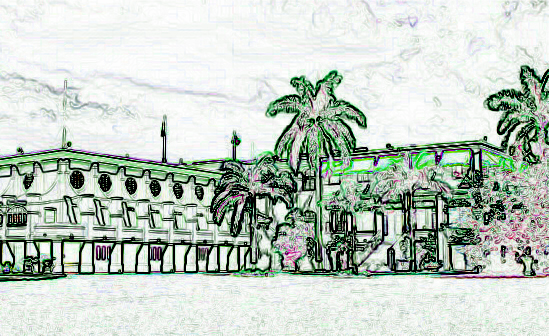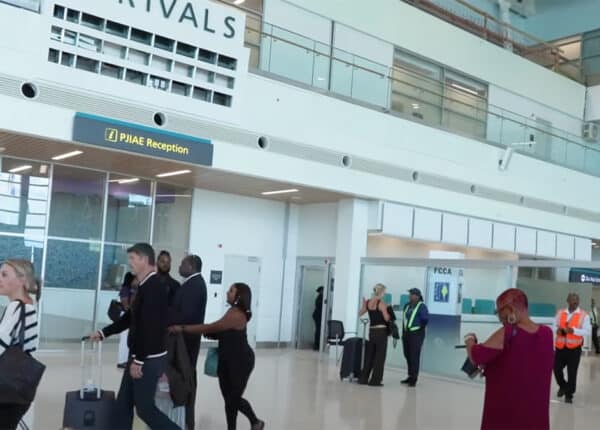Op-Ed: Three Forgotten Architects of Jamaica’s Independence
By David Rowe
Op-Ed Contributor
Jamaica has many heroes about whom we spend a great deal of time writing and teaching. However, there are some who contributed mightily to the development of the new Jamaica who tend to be forgotten.
Isaac Barrant was born in 1907 in Bath, St Thomas. He started his career as a labourer working on parochial roads in St Thomas. He eventually became a banana dealer for the United Fruit Company in St Thomas.
In 1938, he became the first secretary of the fledgling Bustamante Industrial Trade Union in St Thomas. Under the new Universal Suffrage Constitution of 1944, he was the first black man to be appointed to the House of Representatives.
Barrant had limited formal education, but had great courage and organizational ability. Bustamante, acknowledging Barrant’s abilities, appointed him the Minister of Agriculture and Lands from 1950 to 1956.
During this time, Barrant pioneered the expansion of the Overseas Labour Program between Jamaica and the United States. Although he was frequently lampooned for his difficulties with the English language, Barrant broke through many racial barriers and compelled the British colonial Civil Service to respect him.
Barrant did not live to see Independence. His progress inspired many black Jamaicans to join the trade union movement and, ultimately, the civil service, and helped open the doors to black enrollment in the civil service. Barrant never left Jamaica until he became a Minister, he did not have the exposure of his legal contemporaries JAG Smith and Norman Manley, but he was, in every respect, a significant contributor to the independent Jamaica that we know and love.
Father Allan Coombs was a dynamic co-founder of the Bustamante Industrial Trade Union. Thereafter, he formed the Jamaica Worker and Transport Union, which was the first union to have an island-wide network. He was one of the movers and shakers of the labour movement during the crucial 1938 riots.
Coombs served as Minister of Communication and Works under the pre-independence Manley Government. Some scholars think of Coombs as the founder of the Jamaica Labour movement.
His description of the Jamaican working class with the words “starvation, nakedness and shelterless,” is instructive of his philosophy. When he died in 1969, he died without a pension and penniless. This lion of the Trade Union movement was buried like Mozart, in a pauper’s grave.
Alfred Rattray was a giant of post-independence commercial Jamaica. Rattray was a quiet and effective builder of the People’s National Party and founder of NAJAASO, the precursor of today’s Jamaica diaspora organizations. Rattray served as Jamaica’s Ambassador to the United States and Permanent Representative to the Organization of American States. He was Chairman of the Jamaica Port Authority from 1970 to 1975. This true legal luminary and political visionary , had a touch for the common man and insisted on banking opportunities for black Jamaicans at a time when black Jamaicans were shut out of these opportunities. Rattray was so positively influential in Jamaica’s commercial and legal circles (including his input in the development of the Companies Act) that one wished that he would live forever.
Barrant, Coombs and Rattray, three great builders of Jamaican Independence, should not be forgotten at this time of Jamaica’s 50th Independence celebration. Barrant, the rambunctious side man on a truck who rose to become a Minister, Coombs, the brash labor leader, formed a national union network in Jamaica and Rattray, the commercial giant, played different roles, but all helped to build the independent rock which we now call Jamaica.
David P Rowe is an attorney in Jamaica and Florida and a law professor at the University of Miami School of Law in Coral Gables, Fla.
Note: the opinions expressed in Caribbean Journal Op-Eds are those of the author and do not necessarily reflect the views of the Caribbean Journal.







